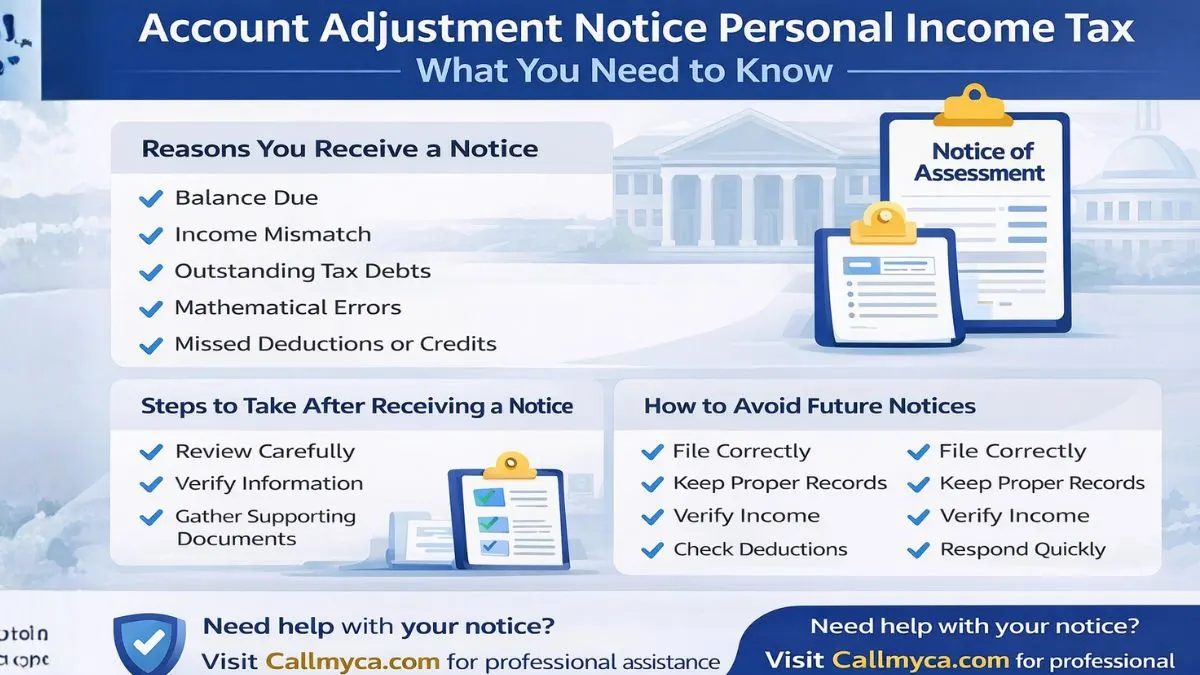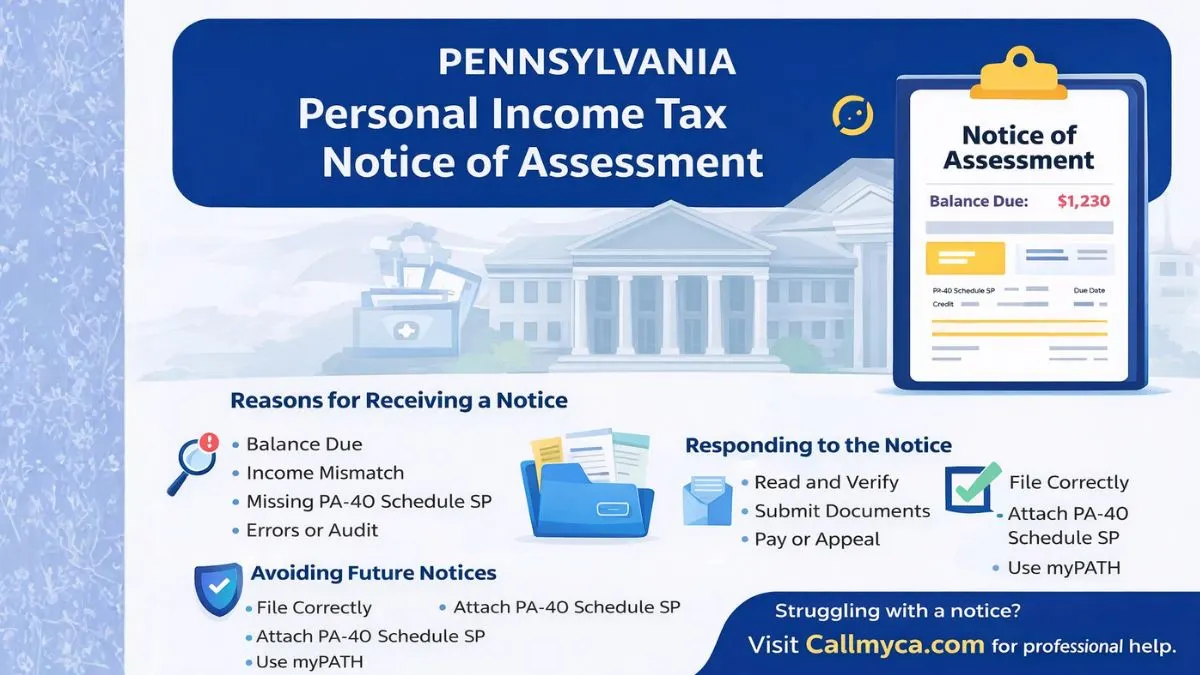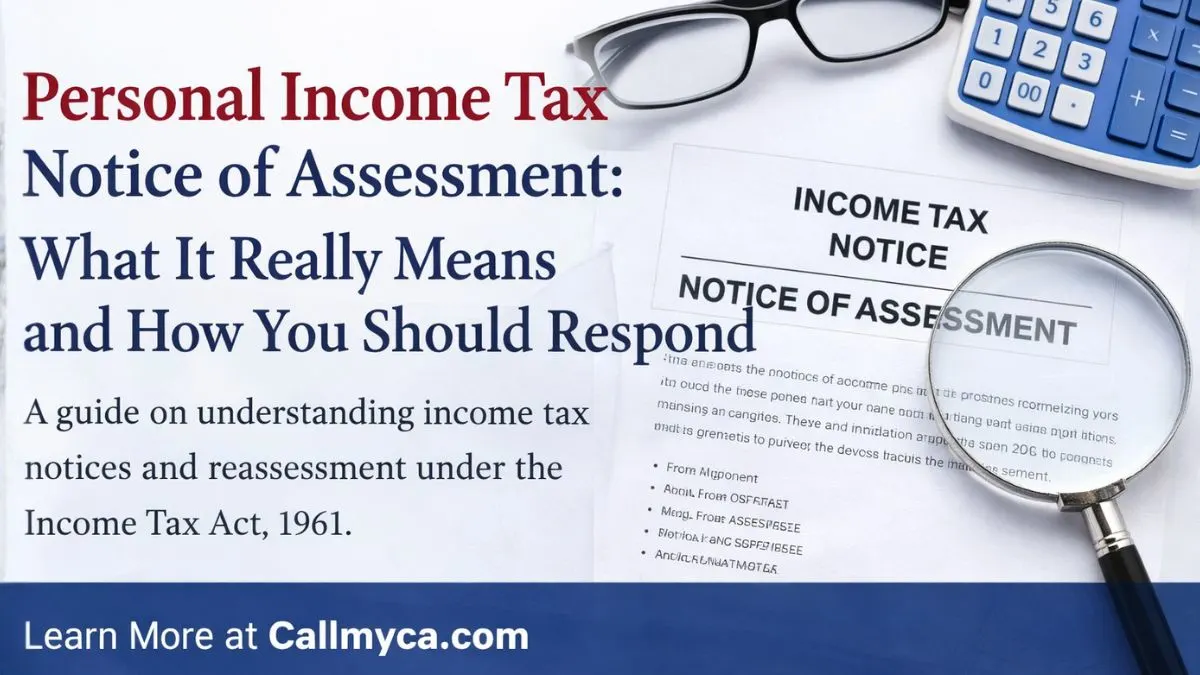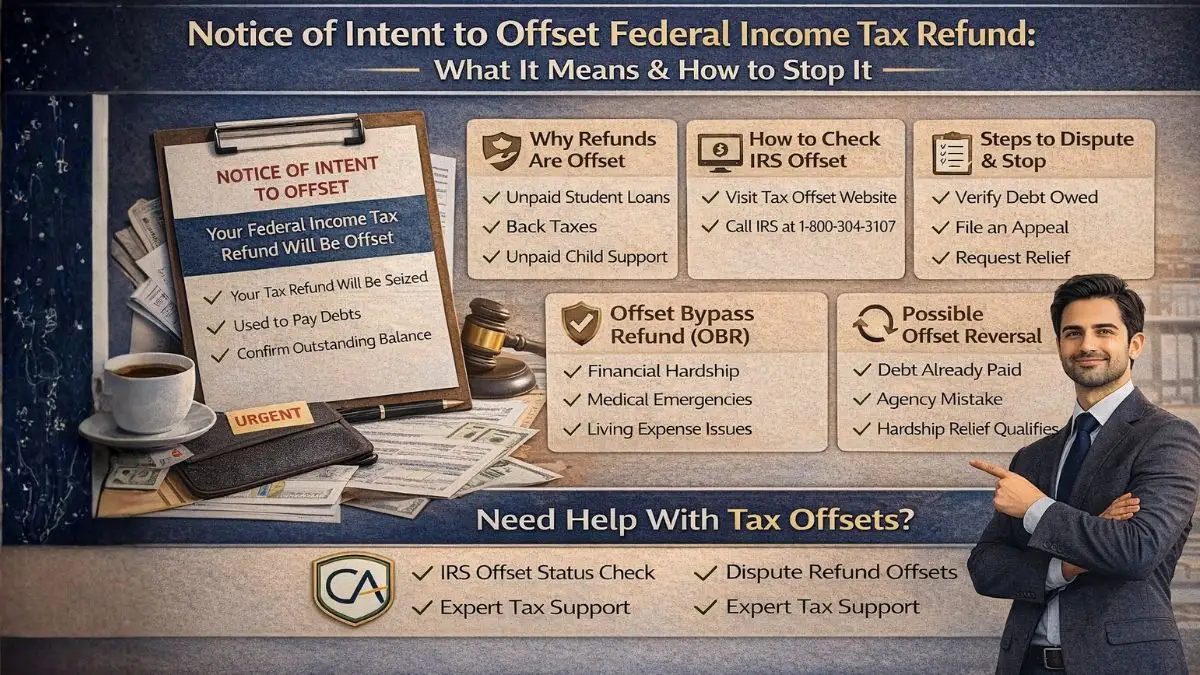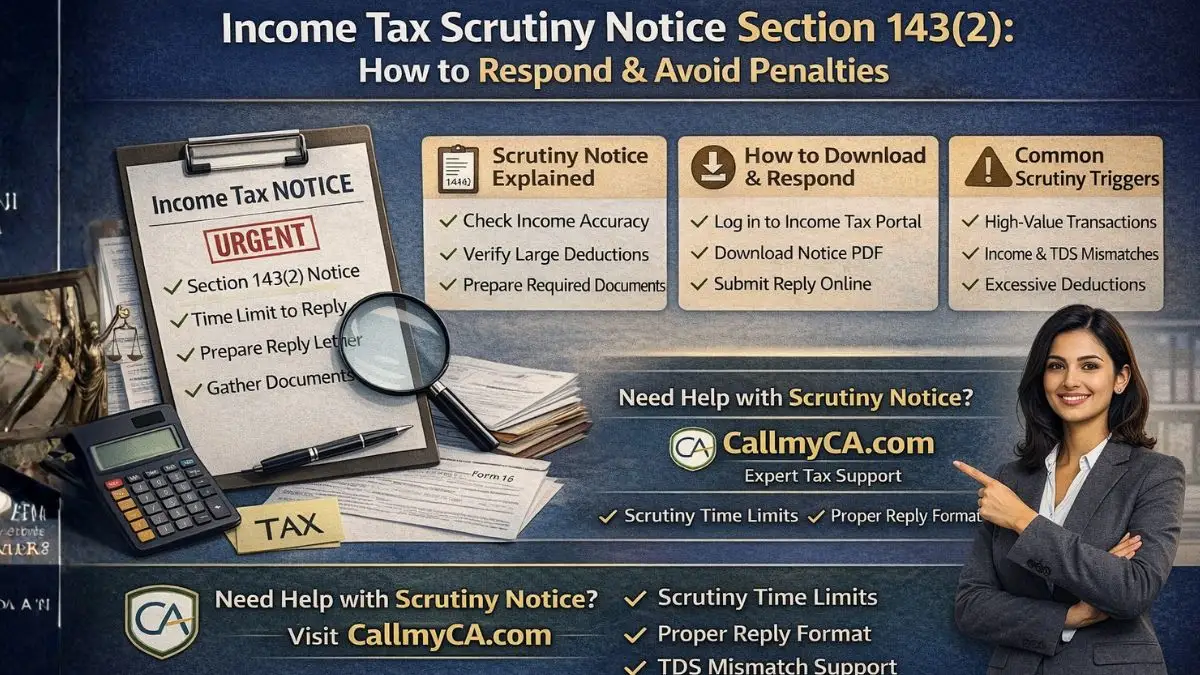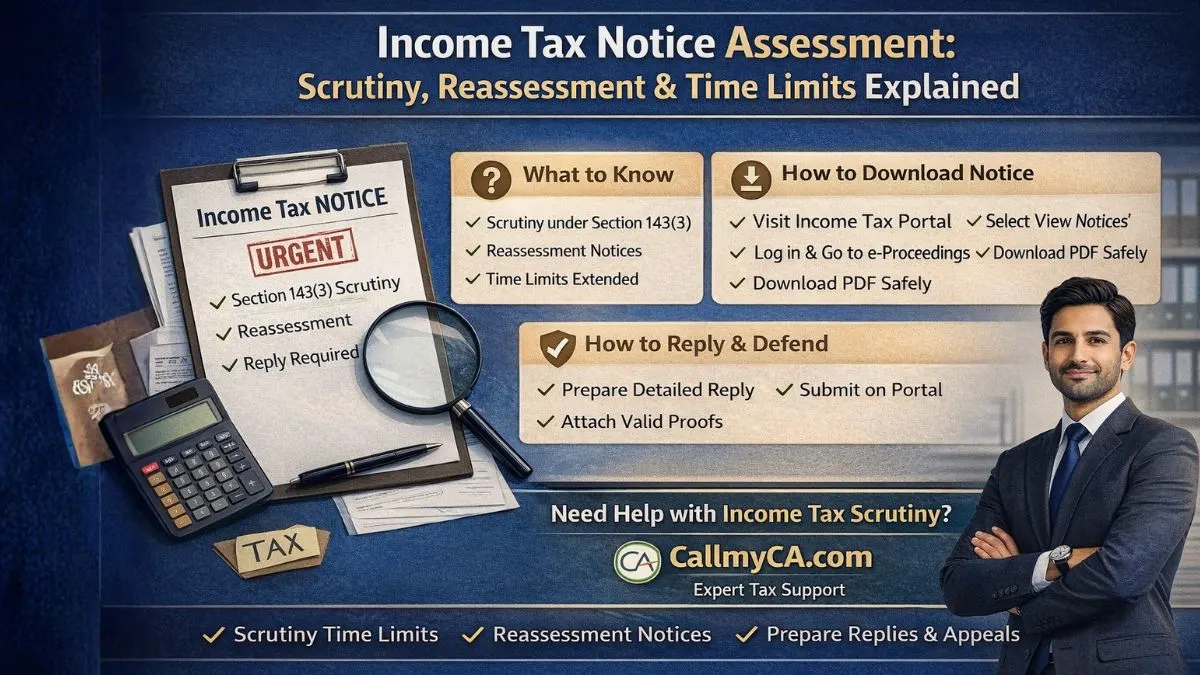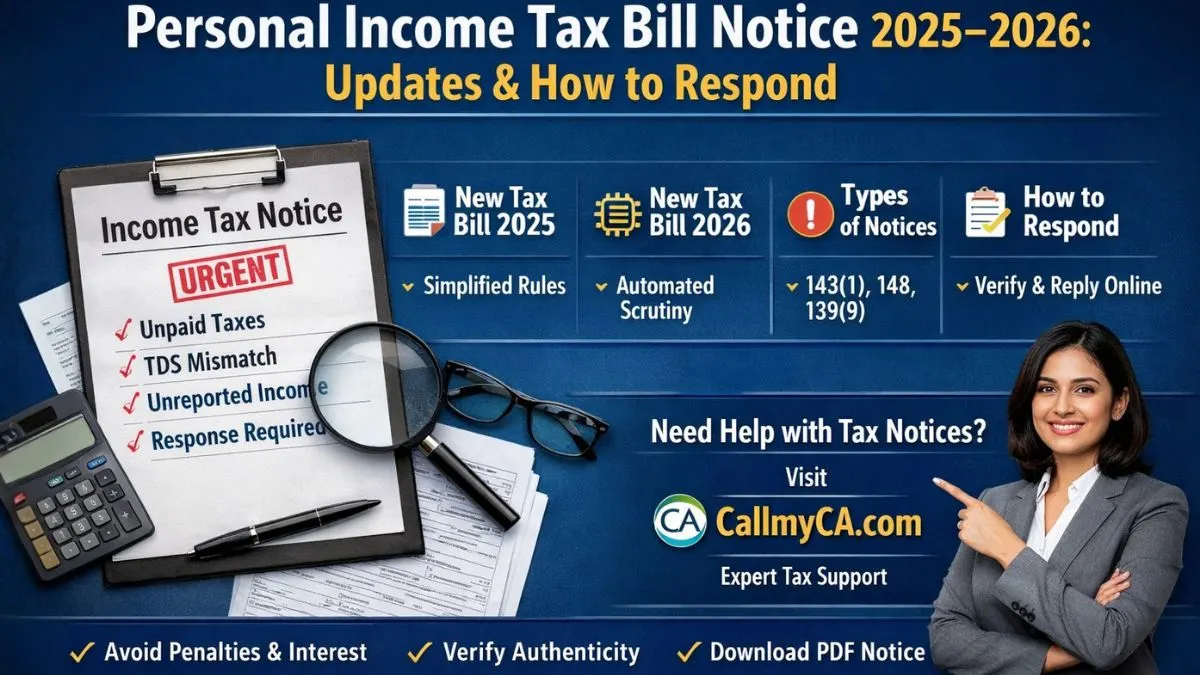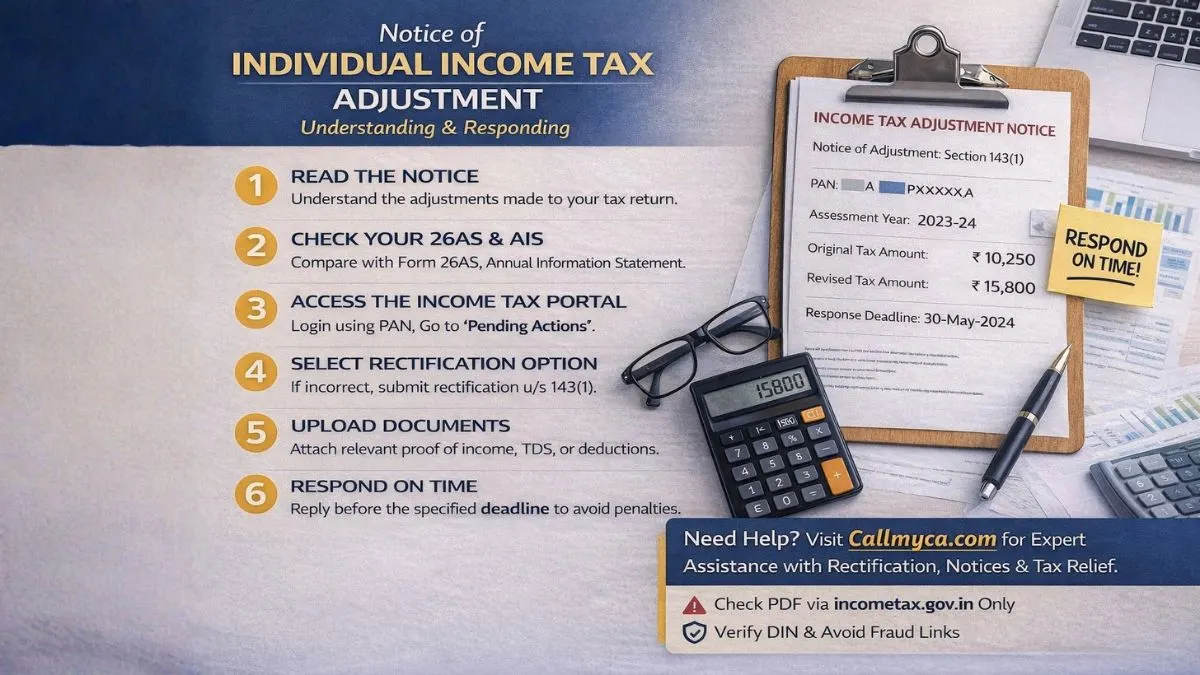
Are you planning to lend or borrow money from someone in cash?
Be cautious, because Section 269SS of Income Tax Act places strict rules on how much money can change hands in cash, especially when it comes to loans, deposits, or specified sums.
This article explains the applicability of Section 269SS, penalties, amendments, & key exceptions in a simple & straightforward way.
What Is Section 269SS of Income Tax Act?
Section 269SS of Income Tax Act was introduced to curb the circulation of black money & increase transparency in financial transactions.
The core provision says:
"No person shall take or accept from another person any loan, deposit, or specified sum of ₹20,000 or more otherwise than by an account payee cheque, account payee bank draft, or through use of the electronic clearing system (ECS) or prescribed electronic modes."
In short, cash payment & repayment of loans & deposits above ₹20,000 are not allowed.
This rule applies whether you are a business, individual, HUF, or firm. "
Mode of Accepting Loans, Deposits and Specified Sums
To comply with Section 269SS, you must accept or repay:
- Loans
- Deposits
- Advance payments for immovable property (specified sum)
...only through these accepted modes:
- Account payee cheque
- Account payee bank draft
- Electronic clearing system (ECS)
- UPI, NEFT, RTGS, IMPS or other prescribed digital payment methods
So if someone hands you ₹20,000 or more in cash as a loan or deposit, it’s a violation.
Specified Sum under Section 269SS
A "specified sum" means any advance or part of an advance about the transfer of immovable property, whether or not the transfer takes place.
This means even if you cancel a property deal later, accepting an advance of ₹20,000 or more in cash for it violates Section 269SS.
Section 269SS of Income Tax Act: Limit & Applicability
The limit under Section 269SS is ₹20,000.
It applies when:
- The loan or deposit amount itself is ₹20,000 or more
- The total outstanding amount fresh amount together is ₹20,000 or more
- Multiple transactions with a person aggregate to ₹20,000 or more
269SS restricts cash acceptance of ₹20,000 or more—whether in one go or through multiple related transactions.
Amendment in Section 269SS of the Income Tax Act
There have been several amendments in Section 269SS to make the rule more stringent.
Key highlights:
- In 2015, “Specified sum” was added, making advance cash payments for immovable property also fall under the restriction.
- In 2017 & 2018: The law was further tightened, & more electronic payment modes were notified.
- Section now also applies to loans accepted from relatives, friends, business partners, etc.
Section 269ss of the Income Tax Act 1961, amendments 2018, made it clear that even informal loans among individuals are covered.
Example of Section 269SS Violation
Let’s say Ravi gives ₹25,000 in cash to his friend Suresh as a loan.
Even though it's a friendly transaction, Ravi has violated Section 269SS, because:
- The loan is ₹20,000 or more
- It was given in cash
- It wasn’t routed through a bank account or a digital method
Penalty? Read on.
Penalty for Non-Compliance
The penalty for violating Section 269SS is 100% of the loan or deposit amount received in cash.
So if you accepted ₹50,000 in cash in violation of the provision, the penalty is ₹50,000 under Section 271D.
There is no minimum threshold for penalty exemption—it’s full & non-negotiable unless you can prove reasonable cause.
Who Is Exempt?
The following are exceptions under Section 269SS:
- Government bodies
- Banking companies & cooperative banks
- Post office savings bank accounts
- Agricultural income transactions
- Partners contributing capital to the firm
Still, it’s best to avoid cash transactions & stick to digital or bank methods to remain 100% compliant.
Section 269SS vs Section 269T
While Section 269SS deals with accepting loans and deposits in cash, Section 269T is its mirror opposite—it deals with repayment of such loans or deposits in cash.
Both are equally strict and have similar thresholds & penalties.
So remember: Don’t accept or repay ₹20,000 or more in cash. "
Final Takeaway
Section 269SS of the Income Tax Act may look like a small clause, but the penalty is huge, and ignorance is not an excuse.
To recap:
- You cannot accept ₹20,000 or more in cash as a loan, deposit, or property advance
- Always use a cheque, bank draft, UPI, NEFT, or RTGS
- Applicable to individuals, firms, & businesses
- Penalty = 100% of the cash amount received
👉 Need help in drafting compliant financial documents or have questions on Section 269SS applicability?
Visit www.callmyca.com for expert guidance.

